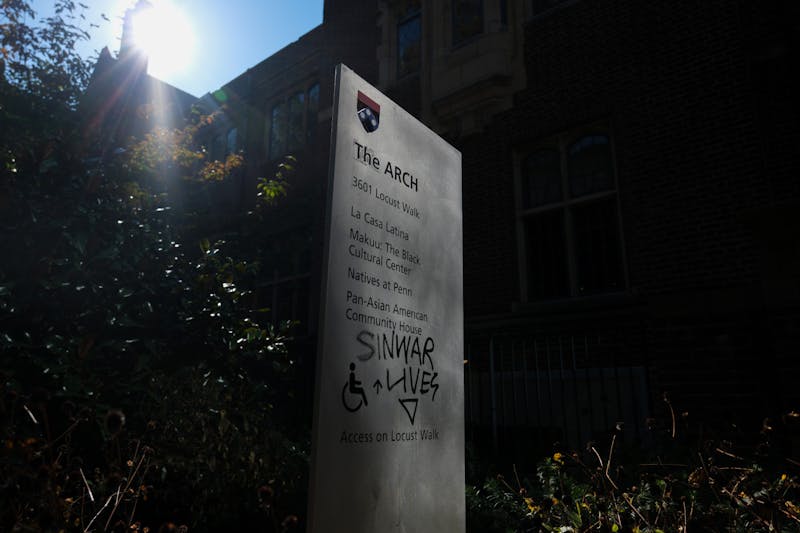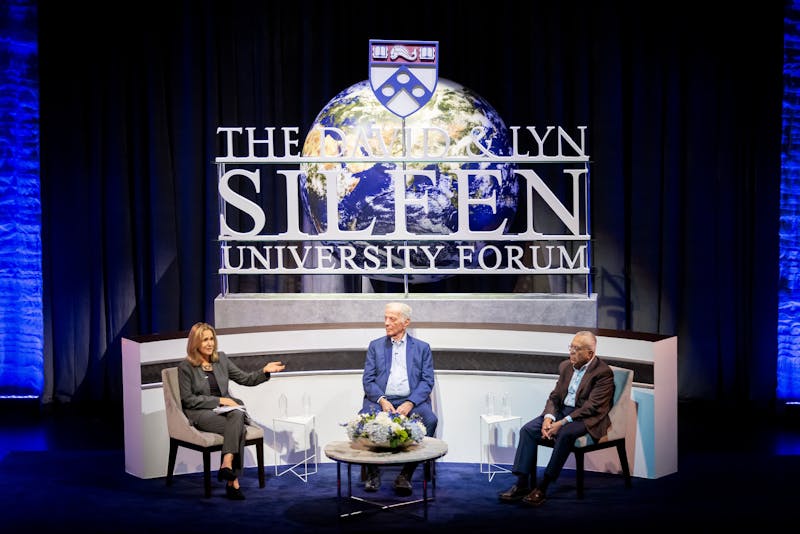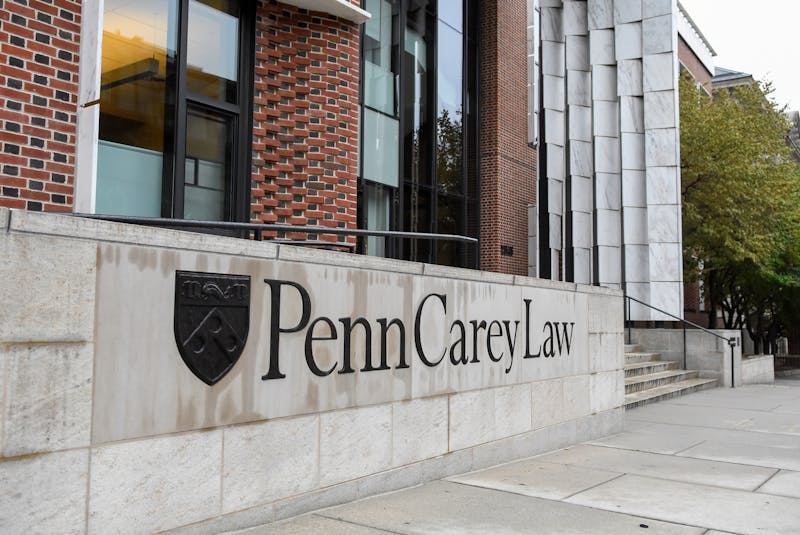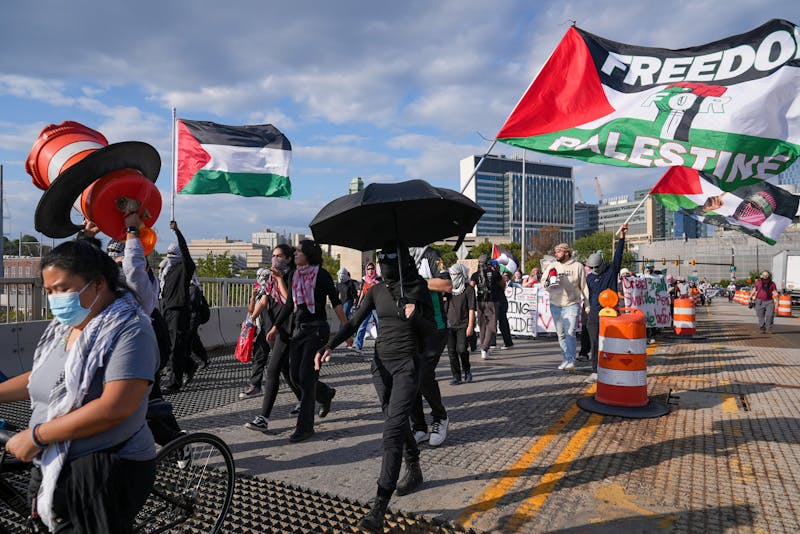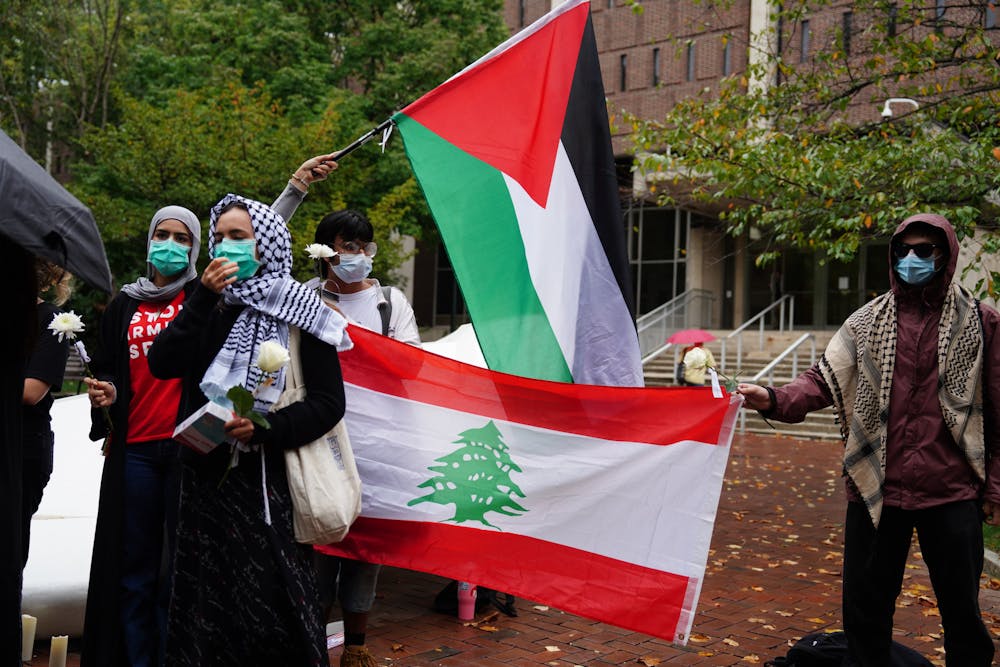
I didn’t know how to start writing about this. How does one talk about the deaths of over 40,000 Palestinians and 2,500 Lebanese citizens? In the view of the aggressor, you don’t. Because in the end, the people of these developing nations "had it coming."
We often hear about the question of proportionality to distract us from the genocide taking place. Piers Morgan, in addition to a number of prominent media figures, often asks “If you were Israel … what would you think would be the appropriate way for the country to respond?” referring to Hamas’ attack on Oct. 7, 2023, whenever the issue of genocide is brought up.
The problem is that he and many others in the media treat this as a notion of “proportionality” as if we are simply dealing with numbers, not lives; as if we’re not speaking about children and mothers. Furthermore, it conflates Hamas fighters with the unaffiliated citizens of Palestine, as if killing 1,000 Gazans is the equivalent of killing 1,000 Hamas terrorists.
Now, if that doesn’t concern you, then perhaps the remarks of Eylon Levy, who was the Israeli spokesperson on Oct. 7 and remained so until March of this year, might put matters into perspective. In a debate with Mehdi Hasan, founder of media company Zeteo, Levy said, “the Israeli Defense Forces does not owe you [Hasan] immediate answers,” in response to a strike carried out by Israel shortly after Oct. 7 that killed 15 members of a single family, seven of whom were children.
The common response to this kind of rhetoric is the generic “there was a military target,” though no evidence confirms that in the previous example, as Hasan acknowledges, or that “this is the sad reality of war.” However, that does not explain how children are being shot in the head and through the brain, unless the IDF designates Palestinian children as “particularly difficult terrorist threats.” In the same debate with Mehdi Hasan, in response to a question about whether Hamas can be destroyed, Levy said, “whether that idea [of Hamas] is destroyed or not depends on the lessons that the people of Gaza take from this war. … We are trying to convince the people of Gaza [that] terrorism is a dead end.” Of course, when he says the IDF is “trying to convince” Palestinians that “terrorism is a dead end,” implying that all Gazans are complicit in Hamas’ actions or terrorists themselves, he means enacting a genocide to do so. Doesn’t that sound a lot like the definition of terrorism?
I could go on and on about this, but doing so would be pointless. If you have not gotten the gist already, I doubt you ever will. Nonetheless, I put forth all of these claims, examples, and facts to contextualize what I am about to say: Israel is no victim. The notion that many still equate anti-Zionism to antisemitism and label pro-Palestinian marches as “proudly for the genocide of Jews” is beyond comprehensible and shameful to see — if not insulting to one’s intelligence and notion of humanity.
Unfortunately, that’s the kind of false victimhood that has fancied, ironically, the most powerful figures on this campus. But before I go any further, I just want to apologize to the Class of 2024 and especially to 1972 College graduate Jeffrey Rothbard.
For those of you who don’t know, Rothbard, in response to the Gaza Solidarity Encampment last year, said, “as a Democrat, a lawyer, and someone with liberal ideas, I'm a firm believer in First Amendment rights, and I'm uncomfortable about them being abridged by anyone other than a judge. However, in this situation, it was apparent that diplomacy was not going to work.” He’s right: Rights only apply when convenient. Beyond that, I ought to apologize for those participating in the encampment who not only practiced our First Amendment rights but deprived the Class of 2024 of their graduation experience. As I understand, he was “very, very upset by that.” Thousands of kids and mothers killed? I mean, who’s counting? What could be more atrocious than to put Ivy Leaguers through the suffering that is missing their graduation ceremony over 5,700 miles away from a children’s graveyard?
I am well aware of what some of you may be thinking: “This kind of rhetoric is unhelpful to the issue.”
In response to that, I would say that perhaps it does not help the “issue,” but then I would say, “Why should I be civil in my rhetoric?” Why should anyone be “civil” in response to thousands being killed with no justification? We’re not talking about characters in a damn video game or movie; we’re talking about living, breathing (though not so much anymore) human beings.
I would ask you, “how would you feel if your six-year-old daughter Hind Rajab was shot at and killed with 335 bullets by Israeli forces?” How would you feel if you were the father of Shaban al-Dalu and watched your son and wife be burned alive in front of you? How would you feel if your six-year-old child was stabbed 26 times to death simply because he was a Palestinian-American Muslim? Then, I would ask, “Have you lost your mind?”
I am not saying there isn’t pain on both sides. I am not saying antisemitism does not exist. But if I can admit that, I hope you can admit that what is happening in Gaza, the West Bank, and Lebanon is not a “military operation,” but a genocide followed by a series of war crimes and acts of terrorism by the IDF.
If you are for what Israel is doing, knowing what it is doing, you cannot argue you are anything but a genocide apologist. And if you are of that group and further assert that you do not feel safe on this campus because of the University’s “response” to pro-Palestinian, not genocidal, rhetoric — which established a task force to tackle antisemitism while completely dismissing the hate felt by Palestinian students — then I do not have much to say to you. Frankly, if that is the case, I attribute no humanity, and thus no value, to your view.
You do not need to be a Lebanese Saudi like me or a Palestinian Jordanian like many of my peers to recognize that this is wrong. You just need to be human. This is not your typical issue of critiquing the economic plans of political candidates or engaging in culture wars. We are talking about a people that have been slaughtered time and time again and a region that is on the verge of large-scale war because of Israel’s continual dismissal of international law.
Everything I have brought forward is backed up by international organizations and recognized media companies. The views I have presented are not just my own, but also those of a series of individuals who contributed to this piece who have asked to remain anonymous. These individuals include men, women, Muslims, Jews, Christians, Asians, and Arabs of varying ages. They also include those not affiliated with Penn in any way.
In the end, this is not about ideology or political allegiance; it is about the shared humanity that binds us all. To excuse violence against civilians, to rationalize the systematic suffering of families, and to view the loss of innocent lives as collateral damage is a disservice to justice and human decency. We must reject the notion that war justifies these atrocities and recognize the deep moral failure in dismissing the suffering of Palestinian and Lebanese people.
Speaking out against such brutality is not a matter of rhetoric or civility; it is an ethical imperative. In a world where we prize human rights and dignity, silence is complicity and indifference is betrayal. Our collective humanity demands that we challenge these injustices with unwavering conviction and solidarity for all who suffer.
ZAID ALSUBAIEI is a College sophomore studying economics from Al-Khobar, Saudi Arabia. His email address is zaidsub@sas.upenn.edu.
The Daily Pennsylvanian is an independent, student-run newspaper. Please consider making a donation to support the coverage that shapes the University. Your generosity ensures a future of strong journalism at Penn.
Donate







